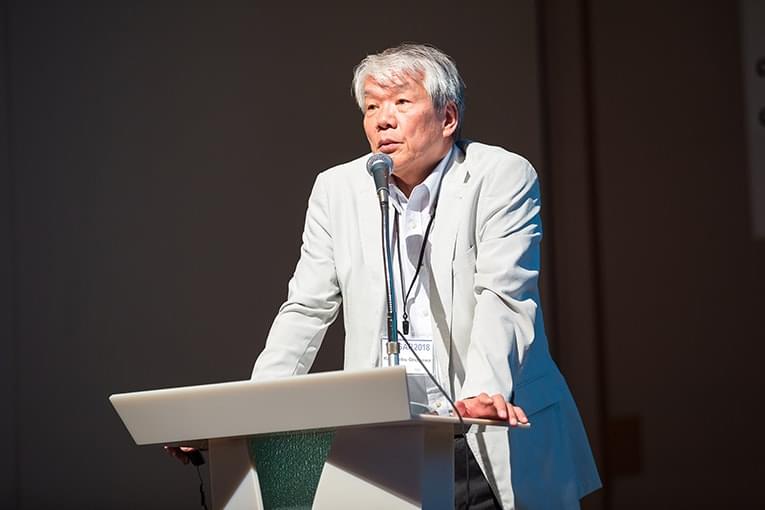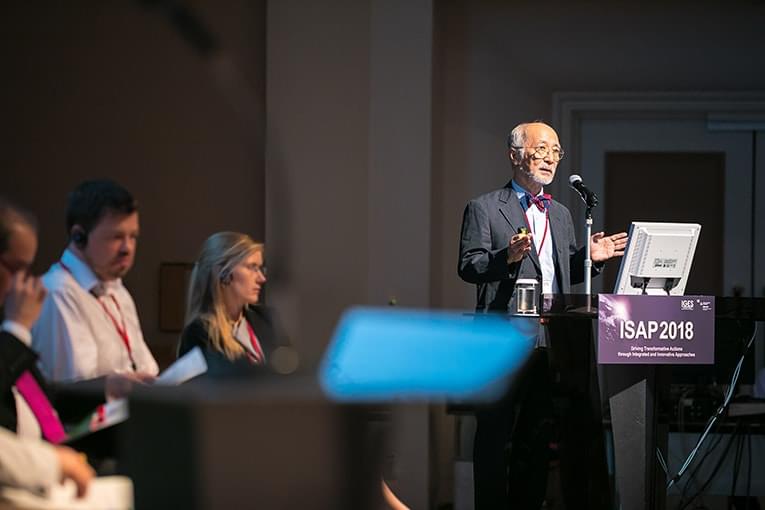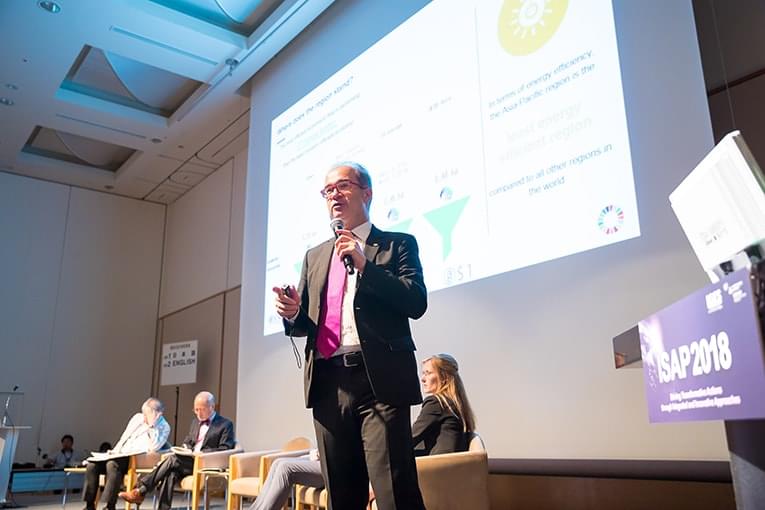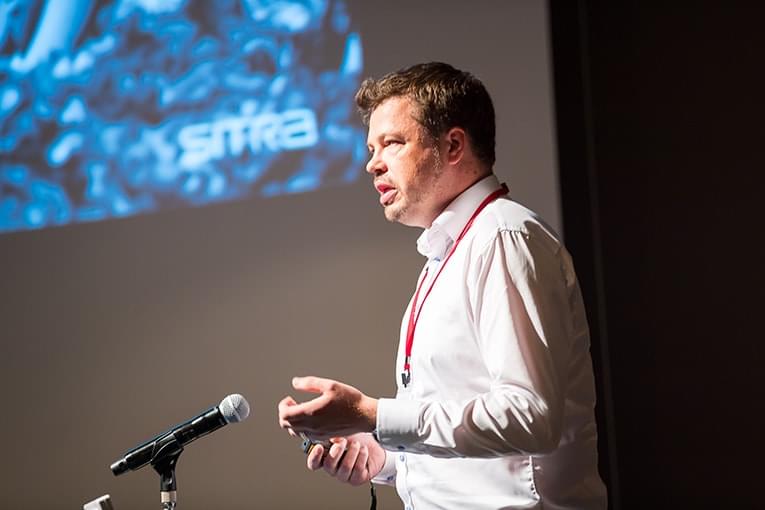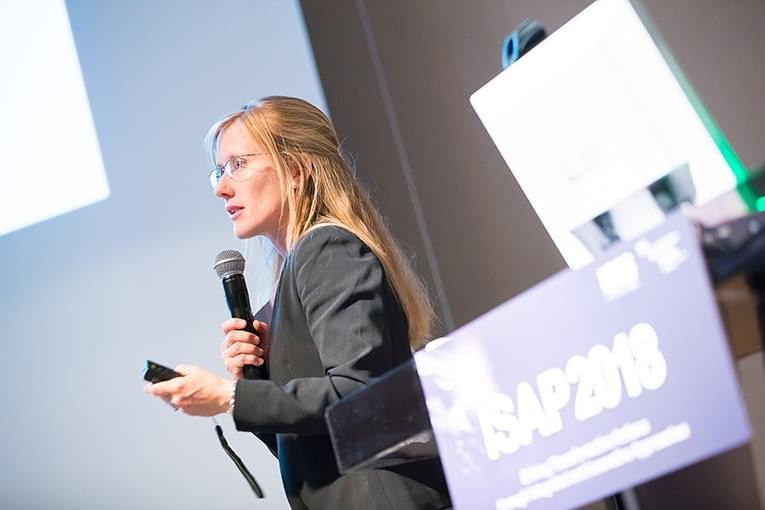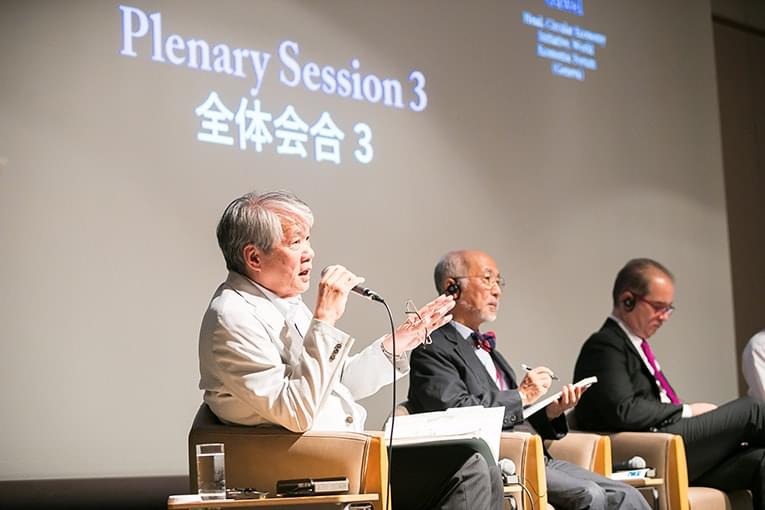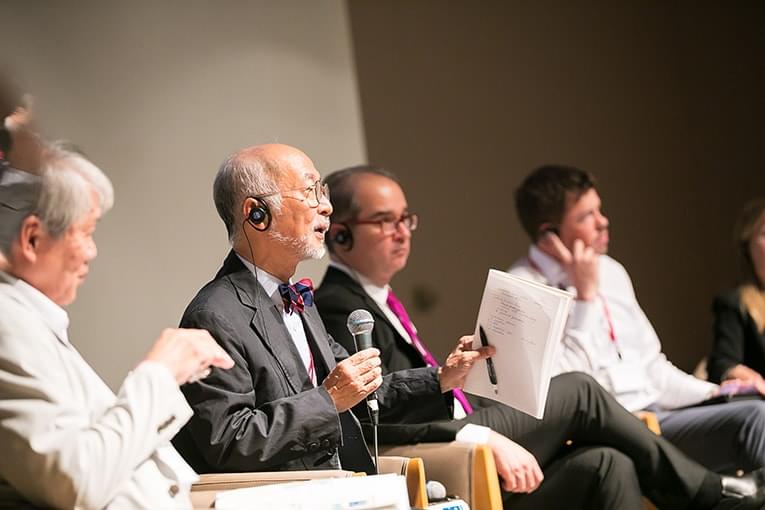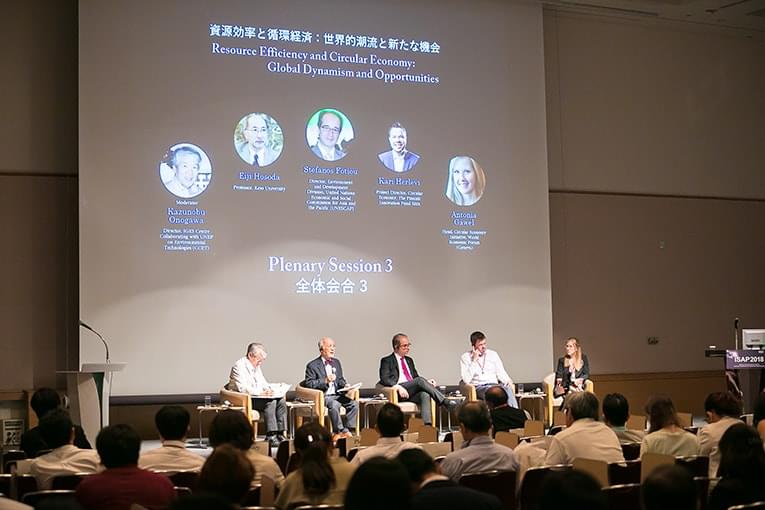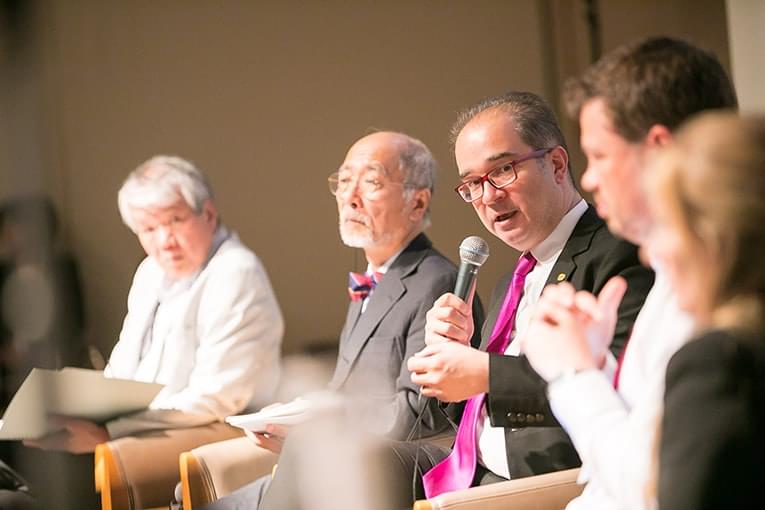The concepts of resource efficiency and circular economy have recently joined climate change on the centre stage of the global sustainable development agenda. The G7 addressed resource efficiency and Circular Economy as priorities, including at the 2015 Elmau Summit in Germany, the Toyama Environment Ministers’ Meeting in Japan (2016) and the Bologna Environment Ministers’ Meeting in Italy (2017). The OECD and International Resource Panel (IRP) have established a policy-relevant and scientific knowledge base that defines the important role played by resource efficiency and the circular economy in guiding social and economic transitions. For example, the European Union is a leader in international efforts promoting resource efficient and low-carbon initiatives including by promoting innovative business practices to generate impacts. Responding to this policy dynamism, the private sector—especially multinational corporations—has developed new approaches for driving resource efficiency and circular economy practices, exploiting new market opportunities in the process. These actions have major implications for stimulating economic development in Asia. Accordingly, the purpose of this session will be to explore the potential of translating these lessons in the Asian context, examining prospects for transitioning to more resource-efficient and circular economy patterns across the region. In so doing the session will situate this analysis within wider discussions on policy challenges associated with such efforts, including synergies and trade-offs.
Professor, Keio University
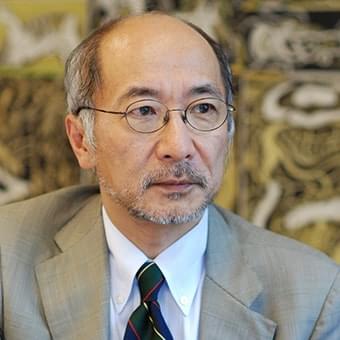
Eiji Hosoda
Professor, Keio University
Eiji Hosoda is a Professor of Keio University. He was born in 1953 and graduated from Keio University in 1977. He holds a Doctor of Economics (Keio University). He was a visiting student at Manchester University as a British Council Scholar (1983~1985). He has held positions as Professor at Faculty of Economics, Keio University (1994~), Dean of Faculty of Economics, Keio University (2001~2005), President of the Society of Environmental Economics and Policy Studies, Japan (2010~2012), President of the Society of Environmental Science, Japan (2013~2015), President of the 3R Promotion Council (2005~), President of the 3R Promotion Forum (2014~). His recent publications include: Hosoda, E. (2016) “Interactive aspects of producers and waste‑disposal firms out of a market boundary”, Journal of Economic Structures, 5:7 DOI 10.1186/s40008-016-0038-7. Gonzalez, R. and E. B. Hosoda (2016) “Environmental impact of aircraft emissions and aviation fuel tax in Japan”, Journal of Air Transport Management, Vol. 57, pp. 234-240, Elsevier.
Director, Environment and Development Division, United Nations Economic and Social Commission for Asia and the Pacific (UNESCAP)
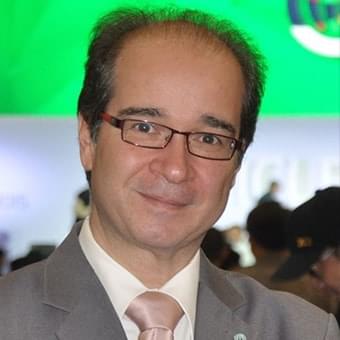
Stefanos Fotiou
Director, Environment and Development Division, United Nations Economic and Social Commission for Asia and the Pacific (UNESCAP)
Stefanos Fotiou is an expert on environmental management and sustainable development and currently serving in the United Nations ESCAP as the Director of the "Environment and Development" Division. Under his portfolio he is planning, coordinating and managing the work of UNESCAP on natural resources management, urbanisation, climate change, and the 2030 Agenda on Sustainable Development. Prior to this assignment Stefanos worked for 10 years at UN Environment (UNEP) under various roles and including substantive and managerial work in the areas of resource efficiency, cities’ resilience, sustainable consumption and production, green economy etc. Stefanos has taken leading roles in international forums and initiatives and his individual and joint works have been widely published. A Greek national he holds a Ph.D. in Natural Resource Economics, a Master's of Science in Information Systems, and a Master's in Forestry and Natural Environment.
Project Director, Circular Economy, The Finnish Innovation Fund Sitra
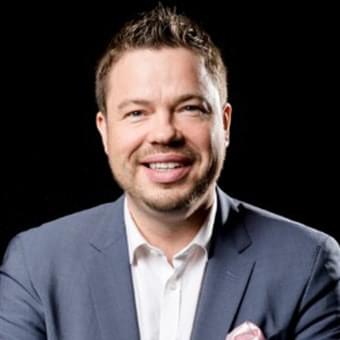
Kari Herlevi
Project Director, Circular Economy, The Finnish Innovation Fund Sitra
Kari Herlevi is a versatile multi-talent in the field of circular economy.
He is currently leading the circular economy area at Sitra, the Finnish Innovation Fund. Previously responsible for the Resource efficient economy area in Tekes, the Finnish Funding Agency for Innovation, he managed the “Green Growth towards a Sustainable Future” programme, which aimed to identify potential new growth areas for the sustainable economy business.Head, Circular Economy Initiative, World Economic Forum (Geneva)
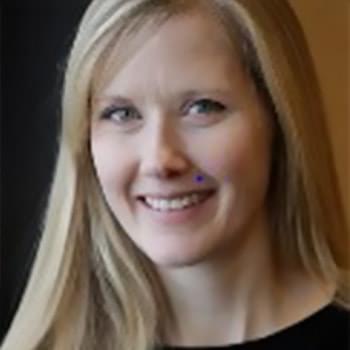
Antonia Gawel
Head, Circular Economy Initiative, World Economic Forum (Geneva)
Antonia Gawel heads the Circular Economy Initiative at the World Economic Forum. Prior to joining the Forum, she worked in Bhutan as an advisor on environment and clean energy programmes and at the International Energy Agency (IEA) where she was responsible for IEA’s work on monitoring and evaluating clean energy policy and deployment progress as input to the Clean Energy Ministerial and G-20 processes. She was also formerly Deputy Director, Energy and Climate, at the World Business Council for Sustainable Development in Geneva. In 2006, she was selected for the “Young Canadian Leaders for a Sustainable Future” progamme of the International Institute for Sustainable Development. She holds a Master’s in Environmental Planning, Policy and Regulation from the London School of Economics and an Hon. BA in Economics from the University of Toronto.
Director, IGES Centre Collaborating with UNEP on Environmental Technologies (CCET)
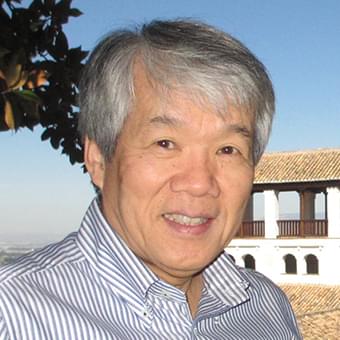
Moderator
Kazunobu Onogawa
Director, IGES Centre Collaborating with UNEP on Environmental Technologies (CCET)
Kazunobu Onogawa joined IGES in 2012 as a senior fellow. Before joining IGES, he was the Director of United Nations Center for Regional Development (UNCRD) between 2002 and 2011, and also served for IGES as a trustee member over this period. After graduation from Kyoto University in 1972 reading Environmental Engineering, he joined the newly established Environment Agency of Japan (current Ministry of the Environment, MOEJ) and worked for policy development for water quality management, EIA, transport management as well as global environmental issues in addition to coordination of environmental research activities of national research institutes of Japan. He had also worked for UNEP (Bangkok), IIASA (Vienna), National Institute for Environmental Studies (NIES), Regional Environment Center for Central and Eastern Europe (REC, Hungary) in addition to MOEJ and UNCRD.
